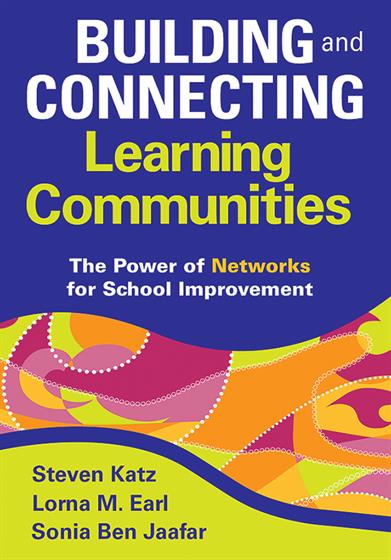Hands-on, Practical Guidance for Educators
From math,
literacy, science, equity, multilingual learners, and SEL, to assessment, school counseling,
and education leadership, our books are research-based and authored by experts
on topics most relevant to what educators are facing today.

Bestseller!
Building and Connecting Learning Communities
The Power of Networks for School Improvement
Illustrating how networked learning communities (NLCs) can impact school improvement, the authors examine formal/informal leadership roles, collaborative inquiry as an essential tool, and how NLCs support schoolwide accountability.
Product Details
- Grade Level: PreK-12
- ISBN: 9781412966016
- Published By: Corwin
- Year: 2009
- Page Count: 136
- Publication date: September 01, 2009
Review Copies
This book is not available as a review copy.



